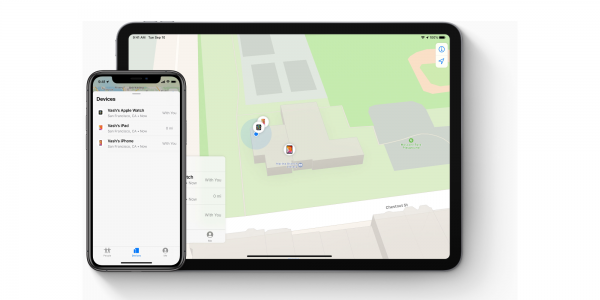
There are times when businessmen need to track their employees’ locations and movements. Employers who run a courier or taxi service need to determine how long it will be before your employees can make another pickup. If you run a construction or landscaping service with your workers spread over a wide area, knowing their whereabouts will allow you to go directly to them at need. However, as a business owner, it pays to create some rules for tracking employees with GPS. You should know how it can benefit your business, as well as be aware of the pitfalls that can occur when location tracking impinges on the personal privacy of your employees. That’s why we have created this guide to introduce 5 rules every employer needs to know about GPS tracking of employees.
GPS and equipment
A GPS tracker can give you a clue on the movements of your company’s property. Businessmen or fleet owners can know when and how their vehicles are being operated. For instance, you can keep time-accurate records of delivery trucks, helping you schedule shipments efficiently and lower operational costs. Or you can put a GPS tracker in an expensive piece of equipment to deter thieves. If a vehicle is stolen, location tracking can help you recover the asset, reducing expensive replacement and insurance costs.
GPS, employees and smartphones
It’s no secret that some companies track employees’ location with smartphones. The GPS module and WiFi technology on the cell phone can help to locate someone with pinpoint accuracy. The GPS tracker might be on company-issued phones or an app on the employee’s own phone.
With a GPS tracking system, businesses can track time spent at job sites or at loading bays and work to ensure drivers are more productive. Moreover, by ensuring the nearest vehicle is routed to a job, businesses can eliminate waste.

GPS, auditing and investigations
GPS records can be utilized by a company to ensure that employees working in the field have fulfilled their responsibilities. Take a specific example, an auditor can use GPS data to verify work and travel records. GPS is a great tool to check the movements of an employee accused of misconduct. In this case, the worker may not be aware of he’s being tracked.
Create written policy
Before you invest in a GPS tracker, privacy concerns should be considered. When you locate someone by cell phone GPS outside of work hours, where does a company’s right to information end and a worker’s right to privacy begin?
If the data isn’t a sensible part of company operations, it’s questionable to track the movements of employees. You might justify tracking employees during working hours, but it’s illegal to track employee’s location without them knowing. Thus, it’s better to develop a company policy based on the best practices for GPS employee tracking and require that everyone follow them. Also, you can invite the input of your managers and attorneys, and establish oversight for the use of tracking to prevent abuse.
Tracking and the Law
Up until now, federal laws dictate what the government can and can’t do with GPS tracking, but few laws prevent a business from tracking employees with GPS. Also, states have different privacy laws that limit tracking.
For example, regarding vehicles with event data recorders used to record information during accidents, federal law limits access to the data to the company that owns the vehicle or a lessee. According to California law, employers must get employee’s prior consent before tracking their movements. While Connecticut states that businessmen can use GPS in company-owned vehicles without notifying workers, but the business must post a notice if they track employees on the company’s premises.
How to keep track of employee’s location?
If you are looking for tools to track your employee’s location and movement for free, Google Latitude and LocateA can be good choices. Google Latitude incorporates GPS satellites, cell phone towers and even WiFi access points to track someone’s cell phone location. It displays their locations on Google Maps, making it easy to find your way to them to direct them to their next job sites. Locations uses RSS feeds to record employee location data to your company’s database in real-time. It also creates graphs, daily reports, top speeds and more, but it requires either a PDA or Java-enabled mobile phone to work.
What are the advantages of employee tracking?
GPS tracking of employee is conducive to business management. When a business issues mobile phones to its employees, it can use the location information from the phones to see where employees spend time while on the job. Some GPS cell phone trackers for businesses offer additional features, such as the ability to display a warning when an employee drives faster than the posted speed limit, which proves useful for taxi and delivery companies.
What are limitations of GPS tracking?
Some GPS tracking services use the phone’s power constantly, so using these tools to track your employees will require more frequent phone charging. Other than that, these services do not track cell phones everywhere, as tunnels, bridges and other large structures can block the GPS signal. If you put the phone in a trunk or under other objects, it can also interfere with the signals. It’s better to make sure your employees always keep their phones out in the open, where the signals are easily read.
Closing thoughts
The benefits of GPS tracking depends on how you wisely use it. Business owners can employ it to track employee’s location so as to improve productivity. Also, you can put GPS tracker on company assets to prevent getting lost or stolen. Before you start GPS tracking of employees, it’s advisable to create written policy and learn about local and federal laws so that you won’t be accused of invading your workers’ private lives.





